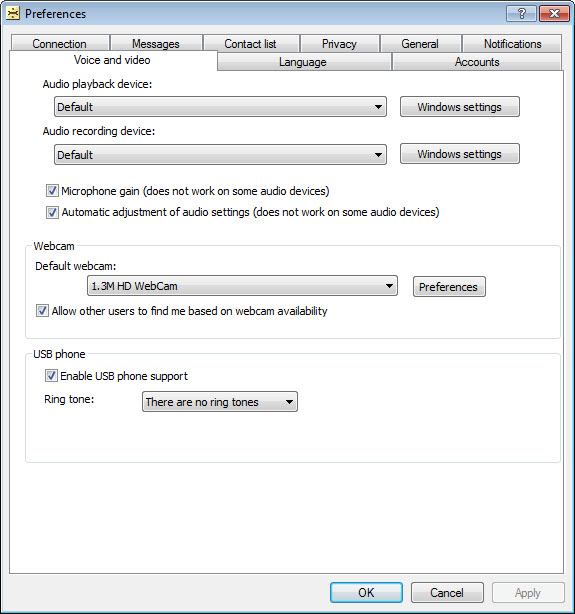

In thinking about the events related to the experiences described above, did your employer play a role by (check all that apply). In the previous sections, you told us you had the following experiences at your current workplace within the past year: INSTITUTIONAL COURAGE QUESTIONNAIRE-INDIVIDUAL Institutional courage buffers against institutional betrayal following workplace sexual harassment for employee outcomes.

ICQ-Individual and ICQ-Climate for Employees (Smidt & Freyd, 2019) If you wish to copy, distribute, or otherwise re-use these materials or to modify them, please first contact Alec Smidt for permission. We would appreciate being notified of your planned use that is consistent with the Creative Commons license. They are available for attributed public use under a Creative Commons CC-BY-ND 3.0 license. Note: The following materials were used in the research cited above. (in preparation) Institutional Betrayal, Institutional Courage, and Trauma Symptoms Among Undergraduates Experiencing Campus Sexual Violence. Modified version of Smidt & Freyd, 2019 to be introduced in: Adams-Clark, A.A, Barnes, M, Smidt, A. ICQ-Individual-Victimized, ICQ-Individual-Not-Victimized, and ICQ-Climate for University Students ICQ Version References ICQ-Individual and ICQ-Climate for Employees (Smidt & Freyd, 2019) The particular items were created in part based on the 10-steps toward institutional courage presented in Freyd, 2018 listed above. In 2018 Alec Smidt and Jennifer Freyd began been developing the Institutional Courge Questionnaire (IBQ) to measure institutional courage regarding sexual harassment in an employment context. (See the Center for Institutional Courage.) Introducing the ICQ (and ICQ-Individual and ICQ-Climate) for Employees Much more measurement development is needed. A modified version focused on sexual assault of students within universities. Our initial measurement effort focused specifically on corportate institutions and the consideration of sexual harassment experienced by employees in the context of their company. Insttitutional courage is a broad concept that can be applied across many different types of institutitions and in consideration of many different types of behaviors.

Respond well to victim disclosures (& create a trauma-informed reporting policy).Add checks and balances to power structure and diffuse highly dependent relationships.Educate the institutional community (especially leadership).Comply with civil rights laws and go beyond mere compliance beware risk management.11 Steps to Promote Institutional Courage (Based on Freyd, 2018, updated March 2022) For more on institutional courage including specific steps to take, see Freyd, 2018 and Freyd & Smidt, 2019. History: Institutional Courage was the term Freyd, 2014 initially introduced as the antidote to institutional betrayal. From the Center for Institutional Courage.

It is a force that transforms institutions into more accountable, equitable, effective places for everyone. It is a compass oriented to the common good of individuals, the institution, and the world. It is a pledge to protect and care for those who depend on the institution. Institutional Courage is an institution’s commitment to seek the truth and engage in moral action, despite unpleasantness, risk, and short-term cost. Institutional Courage Questionnaire The Institutional Courage Questionnaire (ICQ) ICQ-Individual


 0 kommentar(er)
0 kommentar(er)
